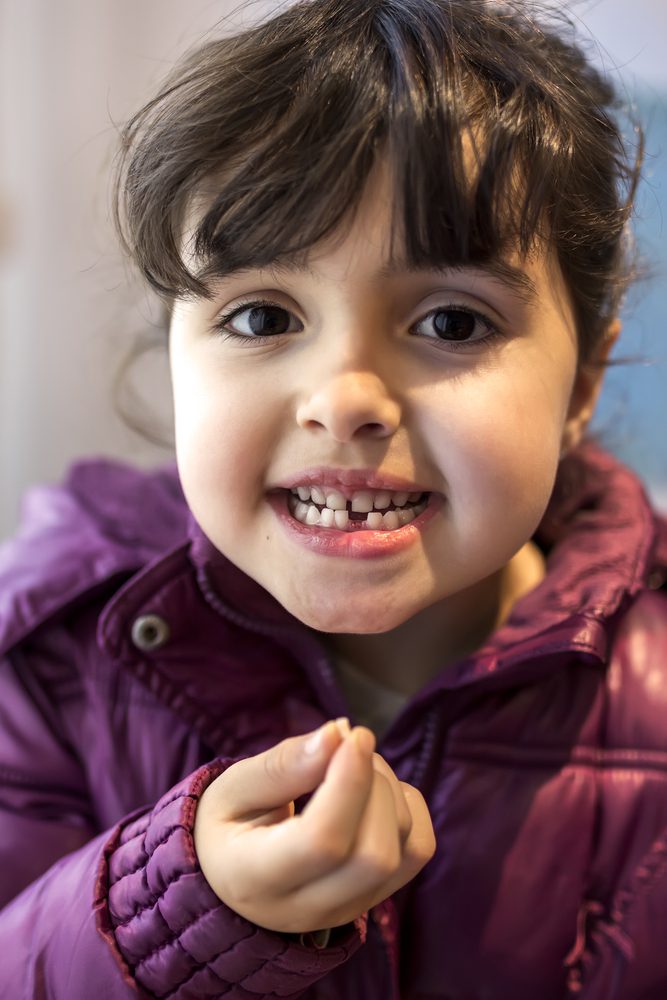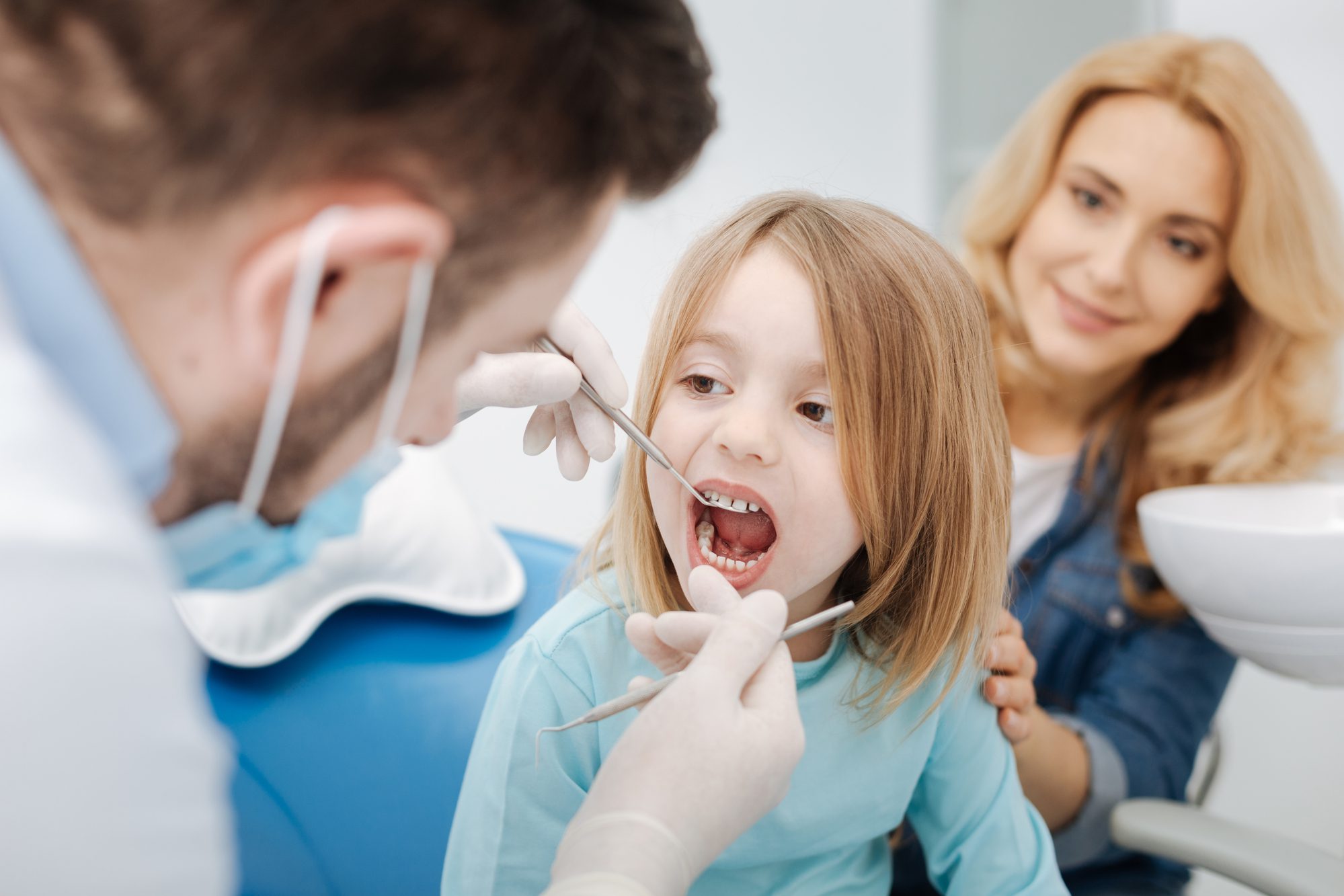Just when you think you’re finished with spring allergies, summer allergies come along. Typically, summer allergy season commences in June and ends in September, but you might notice children’s allergy symptoms peaking in June and July. Aside from watery eyes, sneezing, and nasal congestion, you might notice that your child wakes up with a sore jaw.
Can seasonal allergies cause jaw pain, or could it be something else? Read on to find out!
How Our Sinuses, Teeth, and Jaws Interact
The sinus cavity is a hollow system found in the skull and facial bones that connect to the nose. Healthy sinuses are air-filled voids protected by a thin layer of mucus.
When seasonal allergies attack, the sinuses inflame and swell. Because they take up an extensive amount of facial real estate, a swollen sinus cavity often causes pain and pressure in the face.
Namely, the maxillary sinuses are balanced above the upper back teeth (near the ears and temporomandibular joints). If your child has a sinus infection from cold or allergies, their back teeth might hurt. Potentially, this pain can spread to the ears and jaws.
Common Causes of Jaw Pain
Aside from sinus pressure and allergies, here are a few other common reasons why children suffer from jaw pain:
Mouth Breathing
Generally, congestion worsens in a lying-down position. When your child’s nose is congested, they are compelled to breathe through their mouth while they sleep. Holding the mouth open for long stretches can put a strain on the temporomandibular joints and facial muscles, which can lead to jaw pain and fatigue.
Overusing Facial Muscles
If your child’s allergies force them to incessantly cough and sneeze, their facial muscles and joints might overtax. This can lead to facial tension and a sore jaw.
Bruxism
Bruxism (excessive, chronic teeth grinding) is an infamous culprit behind tooth and jaw pain. If your child has allergies, they might be predisposed to nocturnal bruxism (chronic teeth grinding during sleep). In a study conducted at the University Miami School of Medicine, researchers concluded that nocturnal bruxism is significantly more prevalent in children with allergies than in their non-allergic peers. Theoretically, this might be because the Eustachian tubes in the ears swell in response to allergies. Consequently, excessive, chronic teeth grinding is a response to the change in pressure in the middle ear.
Cavity
Tooth decay starts at the outermost layer of the tooth (the enamel). A dentist can swiftly resolve a cavity with a dental filling or crown if handled early.
Although sinus pressure is generally felt in several upper back teeth, a deep-rooted cavity can cause jaw pain. Generally, cavity-related pain is progressive. It starts in the infected tooth but can spread to the jaw, neck, and ear (generally, on the same side as the affected tooth). At this point, an extraction might be necessary.
What is causing your child’s jaw pain? Dr. Matt can help you figure out the mystery.
Seasonal allergies and TMJ disorders share several symptoms, like facial pain, headaches, and ear aches. Generally, here’s how to differentiate the two common health issues:
- Allergy discomfort characteristically kicks in seasonally. Once the allergen, congestion, and sinus inflammation go away, so does the jaw pain.
- Typically, TMJ Issues are prolonged and accompanied by stiffness, popping, or clicking noises when opening the mouth.
If your child is still experiencing jaw pain after their allergies have resolved, it’s wise to reach out to your local pediatric dentist. Are you concerned about your child’s jaw pain? If so, contact Dr. Matt at Smiles Dentistry for Kids in Overland Park, KS. Call (913) 685-9990 or message us online today.









